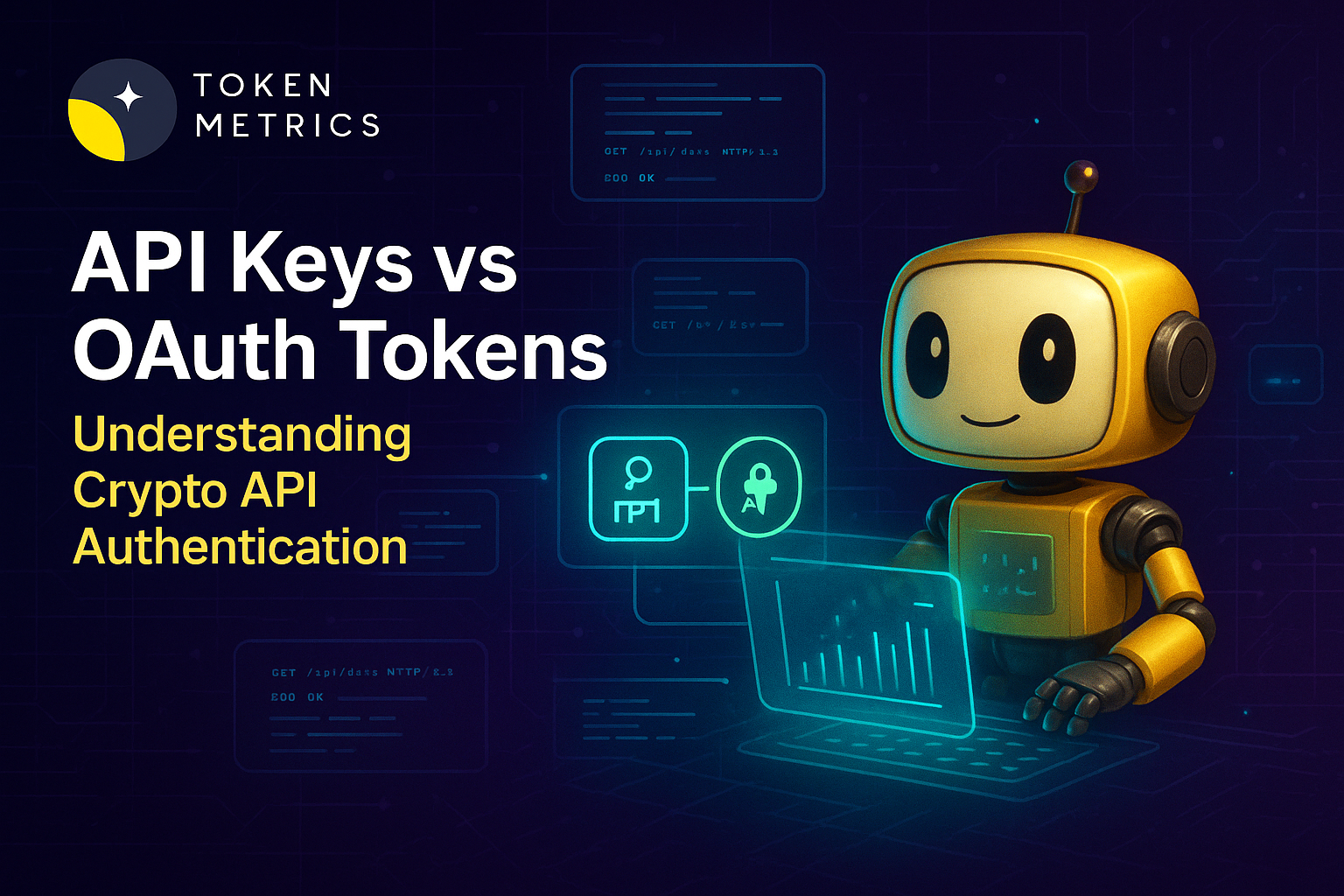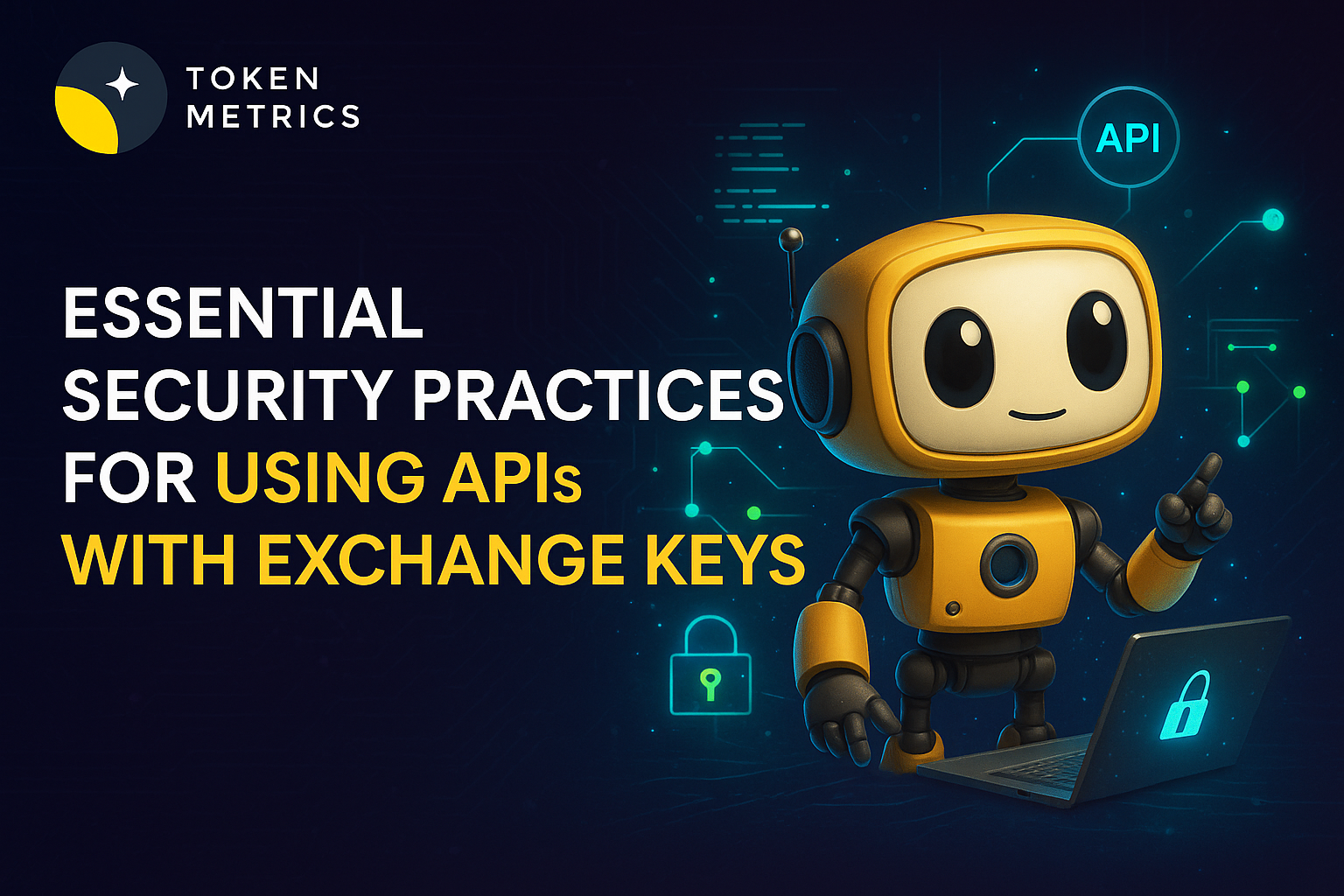What is Shiba Inu (SHIB) Coin and is it a Good Investment?

Shiba Inu (SHIB) is an Ethereum-based altcoin in the world of cryptocurrencies and has recently gained attention. It is a meme-inspired project based on the "Dogecoin" meme featuring the Shiba Inu dog as its mascot.
SHIB has been launched as a decentralized cryptocurrency built on the Ethereum blockchain. It is a deflationary token designed to be used as a medium of exchange and store of value. SHIB has a total supply of 1,000,000,000,000 tokens and is currently being traded on major exchanges such as Binance, OKEx, and Huobi.
SHIB has seen a huge surge in price and popularity since its launch in May 2021 and has become one of the most talked about cryptocurrencies in the market, with arguably the largest community than Bitcoin.
In this article, we will look at Shiba Inu coin, its features, and its potential for investors.
History Of Shiba Inu
Originally, Shiba Inu was launched as a direct competitor of Dogecoin as a joke. Both Shiba Inu and Dogecoin come under the category of meme coins. The meme coin originated from a 2013 meme featuring the Japanese breed dog of the same name. What began as a community-driven token representing a meme became a multi-billion dollar crypto project.
In 2020, an anonymous person or group called "Ryoshi” created a token named after the animal to continue the series of dog meme cryptocurrencies. After gaining full traction in 2021, it was declared the official rival of Dogecoin, leading Floki Inu, Akita Inu, and Dogelon Mars.
From its creation to up until October 2021, the SHIB coin raised from a low of $0.000000000056 to an all-time high of $0.00008616, rising an incredible 150 million percent.
Also, the generous donation of $1 billion in SHIB was a crucial moment in the coin's history that Ethereum's lead engineer and co-founder Vitalik Buterin granted to help fight the devastating spread of COVID-19 in India, making it the largest donation ever given in history.
The Limelight Of SHIB
Having the support of Elon Musk is like getting the blue tick certification. Elon and his tweets have an extreme market sentiment influence which can make or break the deal for a cryptocurrency.
Shiba Inu is one such outrageously positive outcome of his tweets. When he first posted the Shiba Inu dog image, it gave the first major push to the SHIB token, powering it up by nearly 300%.
Some of the SHIB supporters believe it to be the "Dogecoin-Killer," too.
Top Features of SHIB
SHIB is a deflationary token designed to be used as a medium of exchange and store of value. It is a privacy-enabled decentralized peer-to-peer blockchain network.
Three types of tokens affect the SHIB ecosystem:
- Shiba Inu (SHIB): This is the predominant currency of this project, which sums up to a total supply of 1 quadrillion tokens when it was launched. It can be exchanged with any of the ERC20 tokens of the Ethereum ecosystem.
- Leash (LEASH): It is the second token in the Shiba Inu ecosystem, with a total supply of only 107,646 tokens, and was initially a rebase token tied to the price of Dogecoin. A rebase token has a flexible monetary base in that its supply is set to increase or decrease to adjust the token price without affecting the value of anyone's share of coins. The rebase function was later switched off for good, and the token returned to its ERC20 design.
- Bone (BONE): With a total supply of 250,000,000 tokens, only available on ShibaSwap, BONE is intended to fill up the circulation supply gap between the other two tokens. It is a kind of governance token that will allow the ShibArmy to vote on proposals. The more BONE users possess, the more weight their vote will carry in the decision process of future projects.
What are the Benefits of Investing in SHIB?
A Meme-Inspired Cryptocurrency - The core feature of SHIB is that it is a meme-inspired cryptocurrency launched on the Ethereum blockchain. It is a deflationary token designed to be used as a medium of exchange and store of value.
A Lower Price - SHIB is a low-priced token worth in pennies, which is easier for most people to invest in compared to something like Bitcoin.
A Decentralized Network - SHIB aims to be a decentralized network to keep on running, without any reasons for halting.
An Easy-To-Use Wallet - The SHIB blockchain network has been designed to be easy to use. This makes it a preferred option for most users. Three different wallets are available for use: Android, iOS, and Web.
How to Purchase SHIB Token?
SHIB and LEASH can be bought and sold on ShibaSwap, Uniswap, and a growing number of centralized exchanges (CEXs). On September 16, 2021, Coinbase listed SHIB, joining popular CEXs like Binance, Huobi, and Kucoin in trading the token.
However, Robinhood, a U.S. financial services platform, has yet to list SHIB due to concerns over its security, as stated by its CEO. In contrast, Robinhood's rival Public.com listed SHIB in October 2021.
Is SHIB Token a Good Investment in 2023?
Shiba Inu's growth largely depends on market sentiment. During extremely fearful times, Shiba Inu underperforms; however, during euphoric times, Shiba Inu has the potential to explode in popularity.
While you analyze Shiba Inu's market position, make it a point to distinguish between market capitalization and price. SHIB's low price can deceive new investors, causing them to inaccurately gauge SHIB's price potential. Market capitalization is usually calculated by multiplying the total circulating supply of coins by the current market price of a single coin, which is useful for determining growth potential.
At the time of writing, SHIB's price is roughly $0.000012. Therefore, if SHIB were to reach $0.01, investors would experience a return of over 800x. However, more importantly, to reach $0.01, Shiba Inu would need to reach a whopping market value north of $5 trillion. This value is greater than the market value of Apple, Google, and Bitcoin combined. As a result, when making realistic price predictions, it's paramount to consider market capitalization.
SHIB Price and Market Capitalization
As of Feb 1st,2023, Shiba Inu is trading at $0.000012 USD. The current market capitalization of the SHIB token is over $6.70B. This makes SHIB rank 81st in terms of market capitalization among all cryptocurrencies.
The Bottom Line
The Shiba Inu developing team is quite secretive about the coin roadmap. Therefore, it's rather difficult to anticipate what's in the cards for the cryptocurrency in the near future.
The developers might decide to burn other coins to make SHIB more deflationary than it is now and help with a price appreciation. We recently learned that Shiba is preparing to enter the Metaverse and will be burning more SHIB soon, further reducing the total supply.
Create Your Free Token Metrics Account

.png)




%201.svg)
%201.svg)


%201.svg)










.svg)




.png)